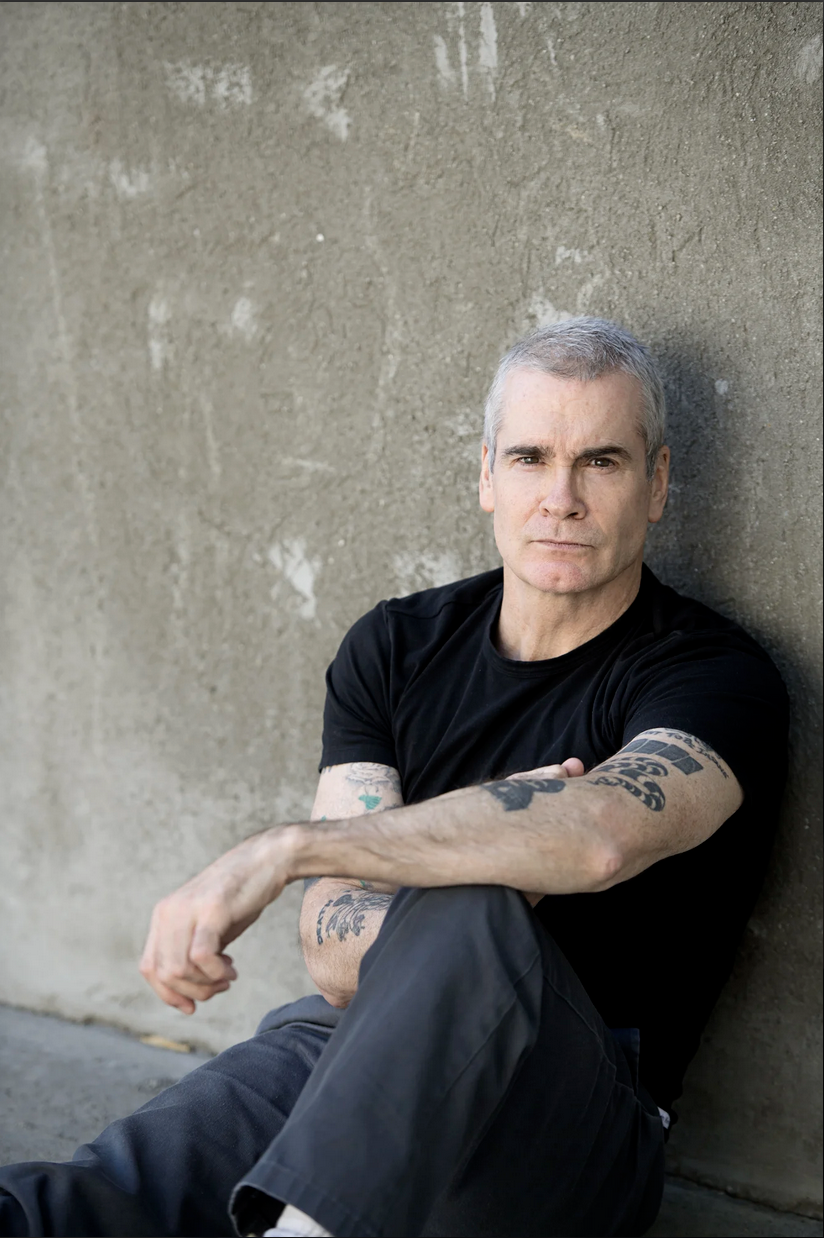The following is a tribute to Svetlana "Anne" Valcanis, my Baba (grandmother) that was delivered to a small congregation of mourners at the conclusion of her funeral.
---
If she were standing beside me, she’d probably wonder what all the fuss was about. Family, friends and other loved ones with rapt attention focused squarely on her – she wouldn’t even believe it if she saw it. “Who are all these sturry babas [old grandmothers] crying for?” she’d most likely say, before breaking into that hyena-like, hysterical laughter.
But with a life like hers, it’s easy to figure out the root of her constant self-deprecation. Born, by her own account in a lonely village called Bapchure in Macedonia on the 25th of November 1937 (or 1938, depending on how she felt that day) Svetlana Karlevski was swept up in the current of history. Tranquil as it was, by her ninth year her life plunged into turmoil. Within a week, Baba was a refugee on the run from both Greek fascists and Yugoslavian communists.
Fleeing the war with much hardship, she lived in Romania where she learned her electrical trade. When the Red Cross informed her that her parents had escaped to Australia, she made the journey through Hungary and Vienna and on to Italy, where she boarded a boat for a new, peaceful life. According to her, she ate nothing but spaghetti and pizza for a month. This may have been one of Baba’s many wild exaggerations.
Baba was a master storyteller. She could spin a yarn like absolutely no one else I’ve ever met. She could turn pulling weeds into an epic struggle with herself pitted against the Earth to which she would emerge victorious. For hours you could sit enraptured by her tales of struggle, survival and hope.
She was reunited with her brother Tunus, sister Sofka and cousin Jim. By 1951 she’d become accustomed to life in Australia, despite the restrictive yoke of her Father, frowning on her new found liberal attitudes. Lipstick, shorter dresses and flirtations with boys were clamped down upon.
She met Peter Valcanis at Fitzroy Town Hall in 1958, marrying in January 1959. She gave birth to her first and only son, Alec on November 29th of the same year. She was not one to rest on her laurels – she worked in factories, copping all the flak for being a “wog.” On June the 1st, 1962 her daughter Olga was born – she loved them both very much.
She continued to work stopping in 1983 when Alec and Mary Avramopoulos were married. Her first grandchild, Thomas was born in 1986 (she was the only one allowed to call me that, by the way.)
Alec and Mary worked long hours and I would more often than not see my Baba when I got up and she would be one of the last faces I’d see before going to bed. She would regale me with stories and jokes and insist I put a jacket on as the temperature outside was always “seven degrees” (turning on the radio to prove it only when her “predictions” matched reality).
In the dawn of 1990 she lovingly received two more grandchildren, Stephanie and Theodore within the space of two weeks. By 1992, it was not uncommon to see four kids running around her small backyard, with Christopher added to the mix, shouting at us in a mixture of Macedonian and broken English to “slow down” most of the time.
Baba Sveta never really slowed down. She was always out and about – films, shopping, day trips – she never sat back and let life pass her by. In the late 1990s and early turn of this century, she insisted she own a mobile phone and learn how to use a computer and the internet. She bought a cat (which now rests in peace) and attended regular yoga classes. She was frequently found at a local social club (a place simply known as “the club.”) Though looking after Peter was a full time job in and of itself, she could always be found doing something out of the ordinary. A passion was cooking too – Baba with thick glasses on and pen in hand would sit in front of the cooking shows and write down recipes to attempt, though her signature dishes would invariably win her the greatest praise come Easter and Christmas time where family would cram themselves around her kitchen table. In fact, the first question she asked when we connected her to the internet was – “how do I get recipes on this thing?” Whenever someone was over, she would ask “what can I fix [for] you” insisting it was “no trouble.”
In 2009, she was diagnosed with a pre-cancerous gall bladder. She fought valiantly against it – though her trademark auburn hair receded into grey, her bravery against surgery and chemotherapy had it licked. Throughout 2010 and early 2011, she stubbornly regained her strength, scarcely admitting not being able to lift as much as she could. Her support network jumped into action – friends such as Lynne and family would try to help out, even though she would doggedly insist she could manage by herself.
In mid 2011, a lump appeared in her abdomen. By the end of last year, it was becoming apparent it would never go away. Despite her outward pessimism, her spirit was one of courage steeled in youth. Shifted from hospital to rehab clinic to palliative care, she was adamant she would return home regardless of the pain she felt. On a cold Thursday night on the 22nd of March, Baba slipped away, Alec by her side to the very last. After years of wrestling with cancer, it had claimed her. She was at peace.
We can take comfort in the words of Shakespeare's Hamlet –
"After life’s fitful fever, she sleeps well;
Treason has done his worst: nor steel nor poison,
Malice domestic, foreign levy, nothing
Can touch her further."
Where she is now, she feels no more pain.
We will miss you – Maiko, Teta, Nevesta, Baba, Sveike – whatever we called you, we loved you with all our hearts.
Rest in Peace.


